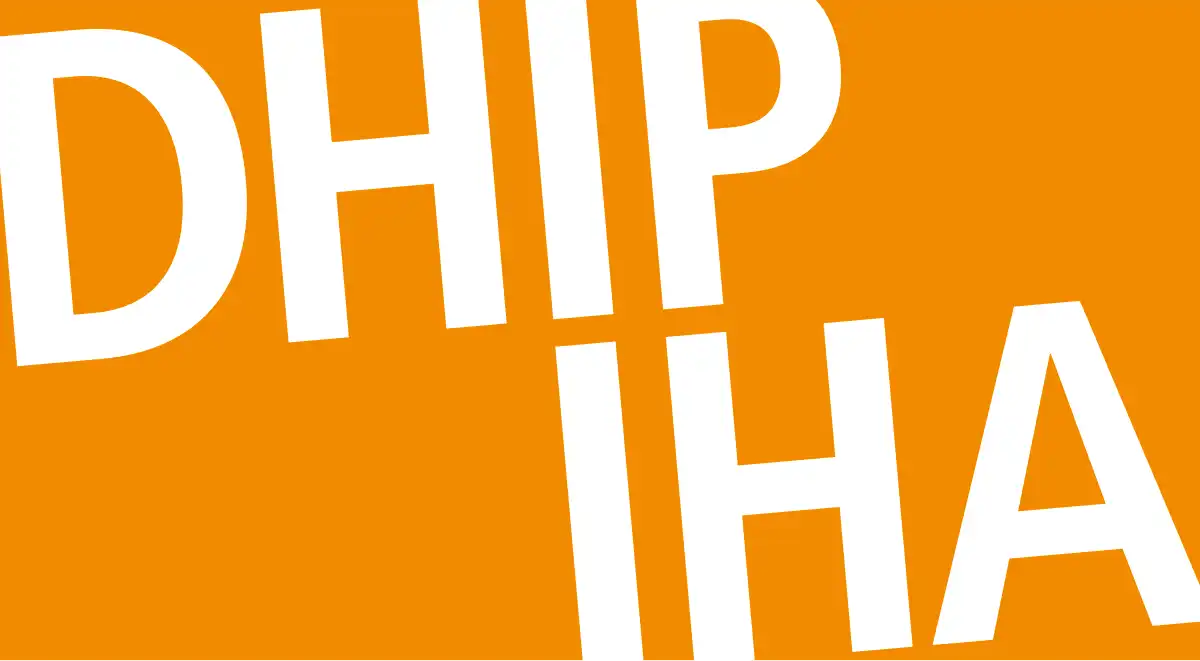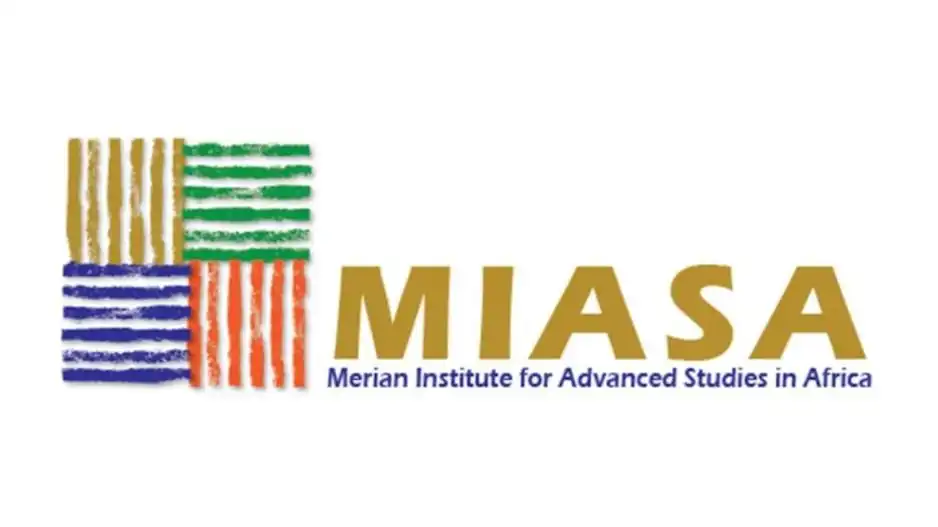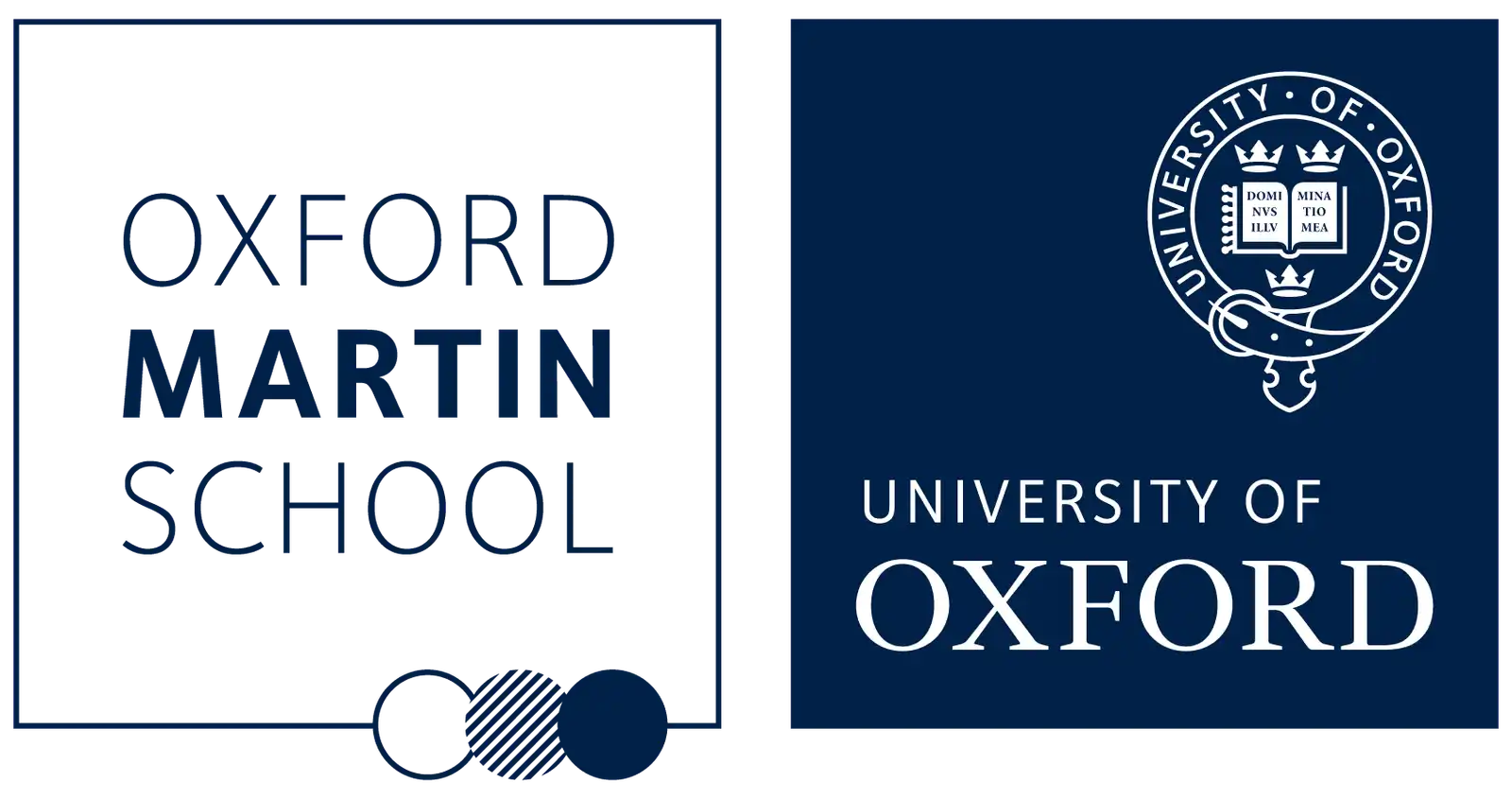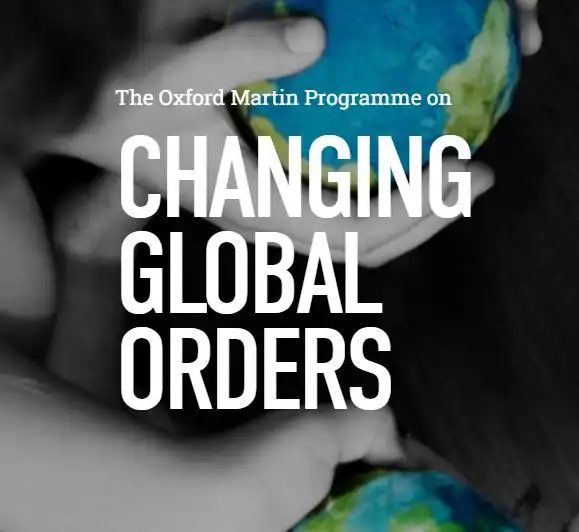Accueil>International Workshop | Sustainability, Expertise and the Global Order
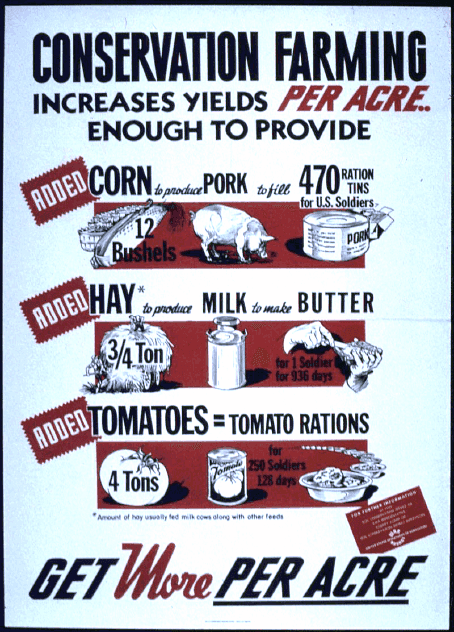
05.05.2025
International Workshop | Sustainability, Expertise and the Global Order
À propos de cet événement
Le 05 mai 2025 de 09:15 à 19:00
International Workshop (closed to the public)
From the late 18th century onwards, the exploitation of “natural resources” in agriculture, mining and other fields of economy became the focus of the work of international experts trying to maximize the profit of their activities by the use of modern scientific methods and technologies. In the course of the 19th and 20th centuries, the colonies, and the non-European world generally, became a crucial field for their work allowing them to shape a global order of industrialist extractivism which became the backbone of the modern industrial society. As historical research has revealed shown, this process was never just a one-sided, undisputed path towards an ever-growing technical exploitation of the natural world. Some, though not all key players, recognized that extractive endeavors necessarily had to be sustainable. The state and increasingly international organizations also came to believe some regulation of the extractive industrial activities was needed. These organizations became the platform to establishment international practices and legal norms relating to extractive industries. They also facilitated and supported the transnational exchange of knowledge and expertise between the industrialized North and the countries of the “Global South”, many of which were their former colonies.
The case studies presented at the workshop will analyze the complex role that experts and international organizations played for the evolution of the extractive industries (including food production) in the changing global order of the 19th and 20th centuries. They will explore, for example, the ways in which colonial agricultural experts of the late 19th century sought to balance their extractivist endeavors with notions of sustainability of natural resources. Recent work has underlined the ambivalence of these early politics of “preservation” and the creation of natural reserves but rarely addresses the concurrence of these debates in industrialist projects of the colonial era. They also explore how international expert bodies, such as the League of Nations and UN bodies such as the Food and Agricultural Organization, navigated between productivist visions of “modern” industrial agriculture and the demand for regulation of the extreme extractivism by some international companies. And they examine how colonial experts in agriculture, mining and other extractive industries, tried to sustain their own roles in the international policies of extractive resources, international development in the context new world order after the independence of former colonies.
The workshop ”Sustainability, Expertise, and the Global Order” is a sequel of the workshop “Sustainable Past and Resilient Futures”, organized in May 2022 at the University of Oxford.
9h15- 10h45
Michael Drolet, Univ Oxford: “The Making of a New Paradigm: Nineteenth-Century Knowledge and the Organization of a Sustainable Global Economic Order”
Judith Rainhorn, Univ Paris 1: “Shaping Knowledge of Arsenic: Toxic Beauty in Victorian England and Beyond”
11h00- 12h30
Julia Tischler, Univ Basel: “Sustainability avant la lettre ? Progressive farmers in South Africa, 1900-1950”
Marine Fiedler, Rome: “From Colonial Service to Serving the United Nations: Former Colonial Experts at the Food and Agriculture Organization (1940s-1960s)”
14h00- 15h30
Emelyn Rude, Centre d’histoire de Sciences Po : “Fishery Collapse and the American Fertilizer Industry: a Case Study of the Pacific Guano Company”
Madeleine Dungy, NTNU Trondheim : “Coal-miners and the Origins of Migrant Social Security in the European Communities”
15h45- 17h45
Frédéric Graber, CNRS/CRH EHESS: “Globalizing participation as a tool for sustainability“
Andrew Thompson, Univ Oxford: “Rethinking International Development After World War II – How Useful is the Idea of Expertise?”
Isabel Oakes, Univ Oxford, “Ordoliberalism and Environmental Policy: The Role of Economic Expertise and Epistemic Communities”
18h00 KEYNOTE
(in cooperation with the German Historical Institute, Paris)
Conveners: Patricia Clavin (Univ. Oxford) and Jakob Vogel (Centre d'histoire de Sciences Po)
Hibist Kassa, Institute for Environmental Futures, University of Leicester in the United Kingdom/MIASA
“Sustainability for Whom? Challenging Power and Privilege in the Global Order”
Commentary: Andrew Thompson, Univ Oxford
Register
